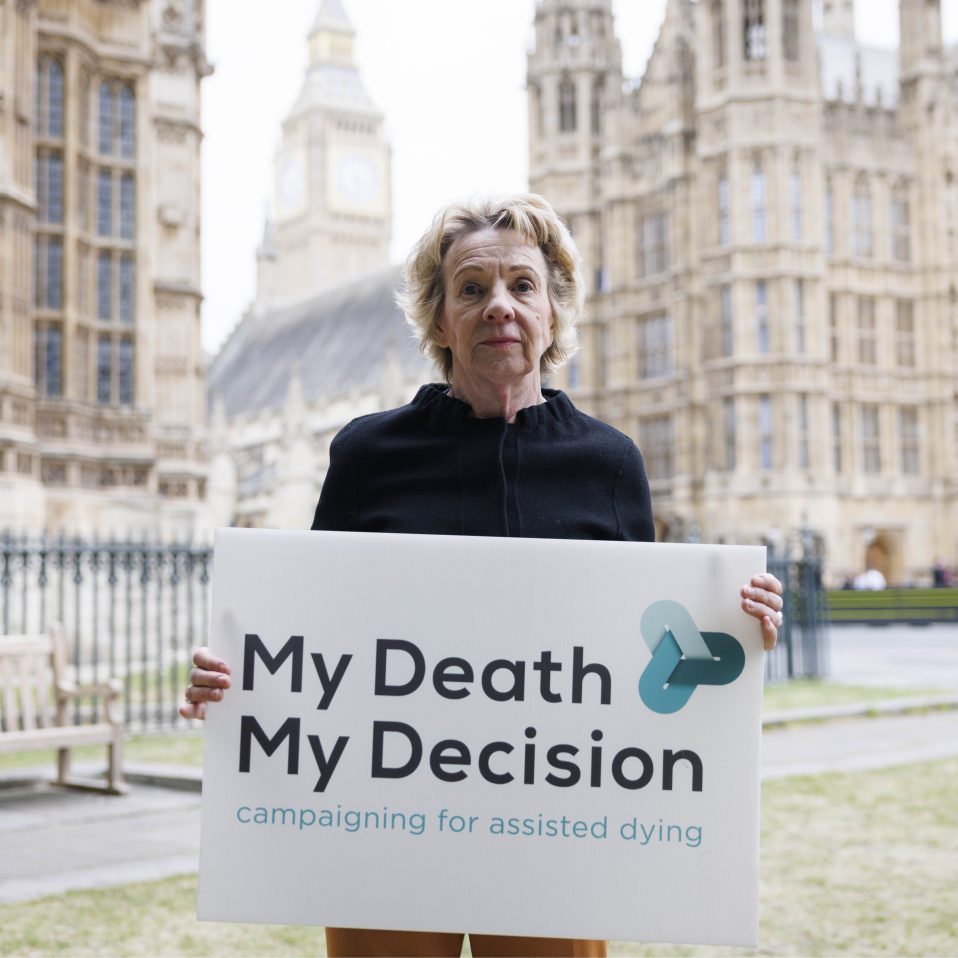A major push is being made to change the law in Scotland, led by Dignity in Dying (Scotland). MDMD strongly supports this. Although their campaign is limited to the “terminally ill”, we note that Scotland now has a broader definition of terminal illness that no longer includes the six month life expectancy criterion. We hope that the campaign in Scotland provides the first step towards a law that will help those who are incurably suffering, like Tony Nicklinson, Debbie Purdy and Omid, in additional to the “terminally ill”.
As part of the campaign, in this BBC story, Kay Smith, who is suffering from various untreatable conditions which are expected to result in a painful death, describes how she wants an assisted death. As a former palliative care nurse, now in palliative care herself, she knows better than most the limits of what palliative care can offer.
This article and others quote the results of a Populus survey which shows that 87% of respondents in Scotland back a change in law for those who are terminally ill with 6 months or less to live. Interestingly the figures quoted for Scotland are a little higher than the 84% quoted for Great Britain. The new poll shows increased support than in polls a few years ago. These results are in accordance with MDMD’s recent poll, though the questions are not directly comparable.
The MDMD poll compared acceptability of various forms of assisted dying. The greatest level of support was for terminal illness in the broad (Scottish) sense of an illness which will eventually cause death, rather than limited to those with a life expectancy of 6 months or less. The MDMD poll found 93% considered medical assistance to die acceptable in at least some circumstances for someone who was terminally ill in this broad sense, compared to 88% when the 6-month criterion for terminal illness was included.
Perhaps the difference in Scotland can be explained as the definition of “terminal illness” in Scotland no longer includes the 6-month criterion, following a change in law instigated by Scottish doctors a year ago. This is very welcome news as it implies that the Scottish campaign for a law permitting assisted dying for the “terminally ill” will use the broader criterion.
MDMD is pleased that there are now discussions to try to broaden the terminal illness definition in England and Wales too. We strongly support this move and hope that it results in England and Wales following Scotland’s lead.








Recent Comments